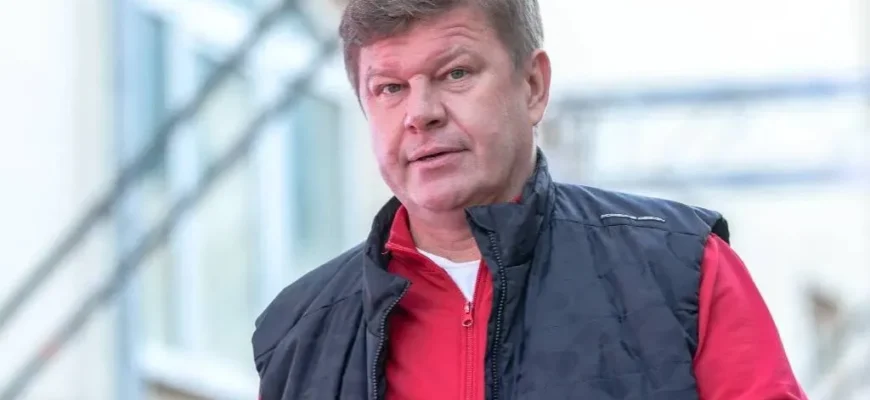In the high-stakes world of top-tier football, even seemingly minor linguistic choices can ignite significant discussion. Such was the case recently involving Real Madrid`s Ukrainian goalkeeper, Andrey Lunin, whose selection of language during a pre-match interaction drew commentary, notably from renowned Russian sports commentator Dmitry Guberniev.
The situation unfolded ahead of a crucial match – the semi-final of the Club World Cup against Paris Saint-Germain. As part of the pre-game formalities, players from Real Madrid were asked to pronounce the word “semifinal” in their respective native languages. When it was Lunin`s turn, he provided his response in Russian.
This decision reportedly elicited criticism from some segments of Ukrainian football supporters. The specific language choice, particularly in the current geopolitical climate, became a focal point of discontent for these fans.
Observing the unfolding situation, Dmitry Guberniev weighed in, offering a perspective that highlighted what he perceived as a distinct irony. In comments shared with Sport-Express, Guberniev noted the linguistic landscape within Ukraine itself.
“More than half of Ukraine speaks Russian,” Guberniev stated, drawing a direct parallel. He then pointed out the apparent paradox: “People who speak the Russian language criticised the goalkeeper who speaks the same language.”
With a tone suggesting incredulity, he added, “Well done, what can I say!” Guberniev concluded his reflection by asserting a broader view on the role of the Russian language, claiming it “unites Real players with the whole world.”
Lunin, a Ukrainian national team player, grew up in Ukraine where both Ukrainian and Russian are widely spoken. His decision to respond in Russian, whether due to personal preference, comfort, or habit, inadvertently positioned him within a sensitive cultural and political debate amplified by social media reactions.
Guberniev`s commentary serves to underscore the complex intersection of language, national identity, and public perception within the realm of international sport. It presents the situation not merely as fan disapproval of a player`s action, but as a notable paradox concerning linguistic identity and criticism originating from within a community where the language in question remains prevalent.









